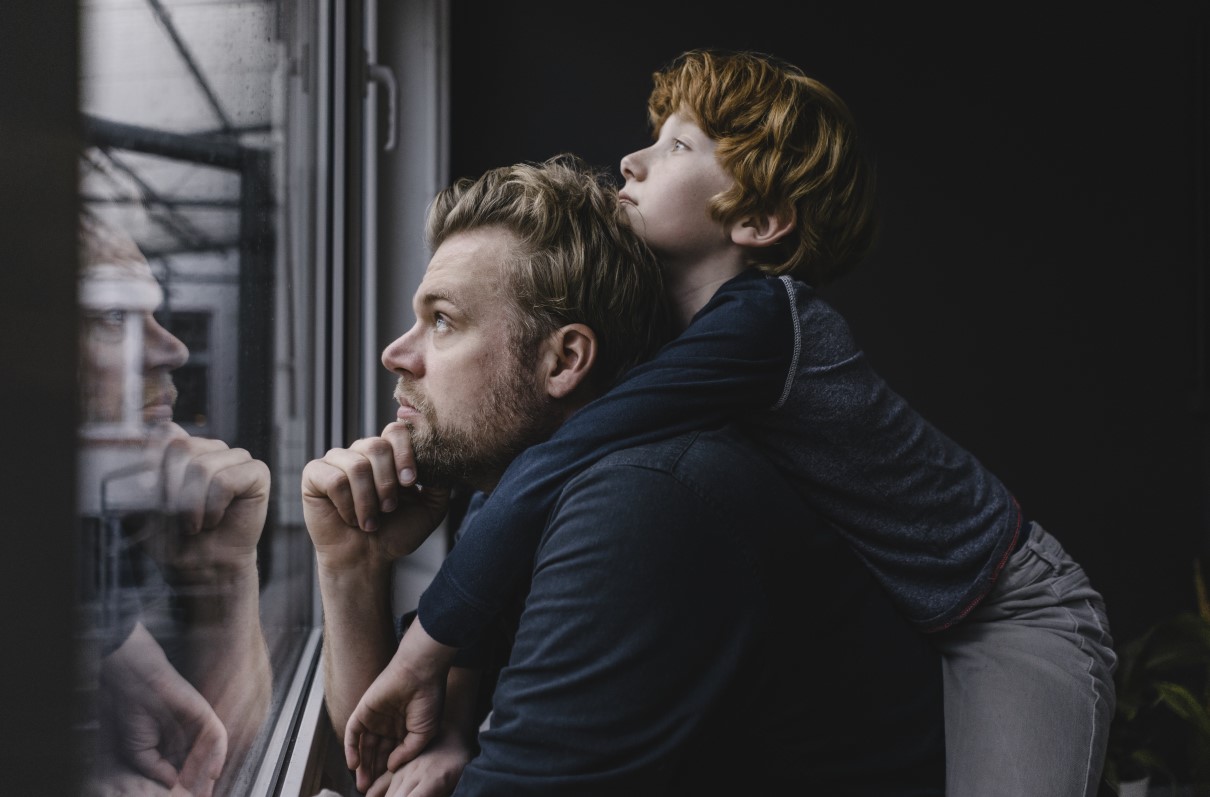Military families face unique challenges in meeting the needs of their loved one and the demands of their everyday lives – challenges made even more daunting by the COVID-19 crisis. Some have new worries of preventing the virus, while others may suddenly find themselves in a position of new responsibility if a friend or family member falls ill.
In addition to following Centers for Disease Control and Prevention (CDC) guidelines, along with guidelines specific to where you live, there are additional steps you may take to take care of yourself while you answer the call of duty and care for those around you.
To help you navigate though obstacles and uncertainty, MOAA asked two member-experts -- nurse Capt. Kathy Thorp, USNR (Ret), and psychiatric mental health nurse practitioner Maj. Douglas Taylor, USA -- for their advice.
[LATEST NEWS AND GUIDANCE: MOAA.org/Coronavirus]
1. Take Care of Yourself First
To properly care for others, you must be well yourself. Caregivers or parents of military families often forget to prioritize their needs during normal times, let alone during a worldwide pandemic.
“Be sure to eat, drink enough fluids, sleep as best you can, get fresh air and a bit of exercise each day,” Taylor said. “It is tough to care for yourself when loved ones consume all your emotional and physical energy, but you can't care for someone if you cannot function yourself. It's not selfish. It is selfless and necessary.”
2. Recognize the Obstacles
Dual-military families, or those with one parent in uniform and another at a full-time job, may find themselves in new predicaments. With many day cares and schools closed, Thorp said, families may need to rely on their support systems. It’s especially the case if family members are deemed essential personnel.
Recognize what you have control over and what you do not in order to create the best plan moving forward, Thorp said. Keep in mind that things may not function the same way they have before, and expect to adjust.
3. Be Kind to Yourself
“We are creatures of habit, and right now our habits are entirely disrupted,” Taylor said. “It is not easy. We are developing new habits and routines. Before the pandemic, everyone had unique stressors and lives, and that doesn’t change now.
“We will all face this challenge in our own unique way and there is no one solution,” he continued. “So, be kind to yourself, apologize when you snap at people, and be quick to forgive yourself and those around you.”
[RELATED: Where is My Coronavirus Stimulus Check?]
4. Find a Sense of Purpose
This time can be equally taxing for those at home. Family members may worry about their servicemembers being exposed to the virus, or being deployed and further disconnected from home.
Thorp suggests finding a purpose, a routine, and something to look forward to so you can get through uncertainty and fill extra time. Exercising yourself in sensory, mental, emotional, physical, spiritual and social ways can help you focus on yourself and avoid burnout. One option: Sewing face masks to donate can help occupy time and provide a sense of accomplishment. You may also find joy in finding creative ways to connect with those who are isolated while still social distancing.
5. Avoid Pitfalls
For individuals caring for those at risk, extra compassion and communication may be needed to ensure they are being protected from virus transmission, Thorp said.
“Be the person to run errands for the individual and take all precautions not to expose yourself to the virus,” added Thorp, a member of MOAA’s Surviving Spouse Advisory Council. “Often the individual who is high risk may not think that it will happen to them, so it encourages others in the family to reinforce the seriousness to stay put.”
6. Be Informed, But Limit News Consumption
If you are struggling to find a balance in this new normal, the CDC and TRICARE recommend staying informed but to take breaks from intaking new information. While it is important to know how to flatten the curve, Taylor said, an excess of information can lead to increased anxiety and stress without providing your family more tools to function in the new normal.
7. Know You Are Ready
No one is more equipped to face a challenge than a member of the military family, Taylor said.
“Luckily, military families are uniquely prepared for today’s problems,” he said. “We are used to being isolated from our families. We are used to adjusting life for events outside of our control. We are dynamic adaptable people.”
Captain Thorp agrees, saying military families “face many hardships and sacrifice greatly in comparison to their civilian counterparts in all aspects of their lives. These families know what uncertain times are.”
8. Help Others When You Can
If you are able, helping those hit hardest by the COVID-19 crisis can make a huge impact. MOAA’s COVID-19 Relief Fund aims to provide support to those in less-secure situations.
9. Use Your Resources
The Military Health System Nurse Advice Line (1-800-874-2273, or 1-800-TRICARE) can provide medical information without risks of going to the hospital. Military OneSource can also provide resources for military families.
MOAA Knows Why You Serve
We understand the needs and concerns of military families – and we’re here to help you meet life’s challenges along the way. Join MOAA now and get the support you need.



